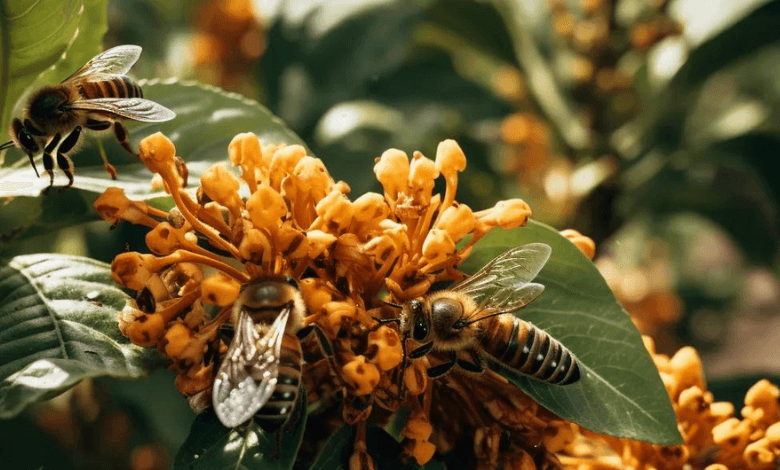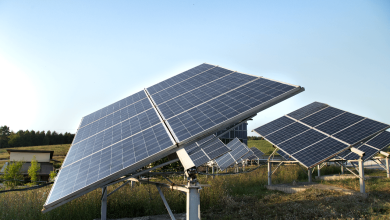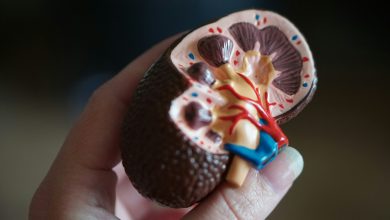Nature’s Partners: Pollinators, Global Warming, and Beverage Industries

A silent crisis is endangering the very foundations of the coffee, cocoa, and beer industries in their picturesque settings of vibrant fields full of hops. Pollinator populations are declining because of global warming. The beverage industries are engaged in a complex change.
Researchers have cautioned that because of global warming brought on by humans, important crops are being impacted by climate change. Bees, butterflies, birds, and even bats play vital roles in the growth of coffee beans, cocoa pods, and hops. They flit from flower to flower, transferring pollen, a process that is fundamental to fertilization. Without them, many of our beloved crops simply cannot thrive.
Unfortunately, these vital partners in nature’s symphony are facing existential threats. Pollinator populations worldwide are on the decline.
Dwindling pollinator counts are reducing coffee and cocoa crops in the wake of unpredictable rain patterns and extreme heat, while unfavorable weather is damaging beer and may result in a duller taste and aroma due to lowered hops quality. In the meantime, wines are becoming temporarily stronger.
Here’s where global warming comes into the picture. Rising temperatures, erratic weather patterns, and unpredictable climatic shifts are causing chaos in the ecosystems where these pollinators reside. As temperatures soar, some species of pollinators find it challenging to adapt. They lose habitats, and the plants they depend on for survival may also struggle to thrive.
Additionally, climate change is making certain areas less suitable for coffee, cocoa, and hop cultivation. Coffee, for example, is exquisitely sensitive to temperature changes. As the world warms, coffee-growing regions are shifting to higher altitudes, a process that can leave pollinators without the habitats they’ve co-evolved with over centuries.
Several years ago, the Intergovernmental Panel on Climate Change (IPCC) issued a warning, citing unequal land use and unsustainable energy as the main causes of the planet’s 1.1°C rise in temperature above pre-industrial levels and its impact on food and water insecurity.
Also Read: Bitter Future: Climate Change Threatens Beer Flavor and Cost in Europe
Furthermore, several recent studies have shown how it is affecting the quality and farming of widely consumed goods like wine, beer, coffee, chocolate, and other food items.
Europe’s beer quality has been negatively impacted by climate change. According to the EU Climate Services, Europe had its hottest summer on record last month, with the average surface air temperature of the planet reaching a high of 16.38°C.
Problems for European beer are ahead
Beer, a mainstay of European culture and the third most popular beverage in the world sold 39.1 million liters in Europe in 2022. Moreover, In 2022, the EU produced approximately 34.3 billion liters of alcoholic beer and 1.6 billion liters of non-alcoholic or low-alcohol beer, according to Eurostat.
Its quantity and quality are predicted to decline during hot, dry summers, resulting in a reduction in flavor, according to a recent study published in Nature Communications. Hops (Humulus lupulus), climbing herbaceous perennials that give beer its distinct flavor and aroma, are the cause of the decline in yield and quality.
When comparing data collected before and after 1994, it was found that hop ripening began about 20 days earlier, production decreased by nearly 0.2 t/ha/year, and the alpha content decreased by about 0.6% in regions that accounted for roughly 90% of hop growth in Germany, the Czech Republic, and Slovenia.
The fact that high temperatures are causing a decline in alpha acid levels, which are the primary cause of bitterness in beer, is another cause for concern.
Additionally, by 2050, the scientists projected a 4–18% and 20–31% drop in hop yield and alpha content, respectively. They contend that to stabilize the situation, quick adaptation measures are required.
Insects affect cocoa and coffee. Nearly 35% of the world’s food crop and 75% of flowering plants depend on insects and other animal pollinators for reproduction, according to the U.S. Department of Agriculture.
According to a study by the Natural History Museum in the Netherlands and University College London in the UK, the loss of insect pollinators has caused tropical crops like coffee, cocoa, watermelon, and mango to bear the brunt of climate change. According to a study that was published in Science Advances, too much heat is shrinking flowering plants’ habitats, which is causing a 61% decline in the number of pollinating insects. For these crops to reproduce, flies and bees are essential.
The researchers note that pollinating insects in the tropics are probably hit harder than other places than previously thought, even though this has not been objectively focused. The researchers collected data from 1,507 crop-growing sites worldwide and cataloged 3,080 insect pollinator species. China, India, Indonesia, Brazil, and the Philippines are expected to be affected by the scenario, and sub-Saharan Africa, particularly its mango and cocoa crops, is also at risk.
Lead author of the study Joe Millard, a computational ecologist at the Natural History Museum in London, raises the prospect of future price increases for cocoa and coffee.
“Crops that depend on insects as pollinators will suffer as a result of insects’ incapacity to adapt to the combined effects of climate change and land use. These crops could occasionally be manually pollinated, but this would involve more work and expense,” he says.
Improved wine?
Conversely, the University of Oxford in the United Kingdom has examined scores from Bordeaux wine critics spanning several decades and found that good wine is enhanced by warmer weather. Shorter, earlier growing seasons and more variations between winter and summer are said to be beneficial.
The Bordeaux wine region in southwest France’s annual wine critic scores from 1950 to 2020 were paired with comprehensive climate data by the scientists, who discovered that, for the time being, the trend is positive.
Despite claims that global warming is making wine stronger, the study also emphasizes that consumers prefer stronger wines with more concentrated flavors, lower acidity, and high sweetness.
However, they caution that while conditions for growing wine seem to be getting better due to the increasing heat, climate change also increases the risk of summer fires and spring frost and hailstorms for vineyards.
Global attention is turning to climate change. It was brought up at the Africa Climate Summit last month how much Africa’s agriculture and food security have been impacted by climate variations. Crop yields and productivity are impacted by variables such as soaring temperatures, erratic rainfall patterns, and extreme weather events. According to the director of the CGIAR Climate Change Impact Platform, reducing emissions is the only way to stem the tide of climate change.
Studies show that heatwaves, which were previously once-in-a-century occurrences, are now happening every six years in the US Midwest and every sixteen years in Northeastern China. This could severely damage agricultural output and strengthen the case for the existence of climate change.
The links between pollinators, global warming, and beverage industries underline the urgency for action. The very essence of our coffee, chocolate, and beer is at stake.
The collaboration between pollinators, global warming, and beverage industries is a reminder that the impacts of climate change are far-reaching.



